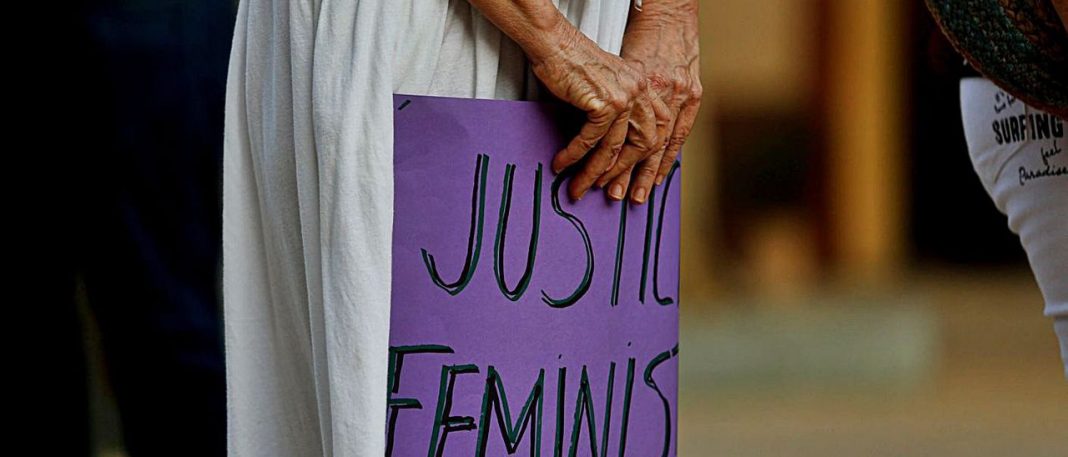Leaving rape behind is a long road. Hard. Painful. Frustrating. Fraught with moments of anger, shame, sadness and helplessness. The victim will never be the same as she was. Despite all this, moving past the fact you have been raped is possible. So says María del Diego Barquín, psychologist at the Service of psychological care for women victims of male violence and their children (managed by the Ires Foundation for the Consell de Mallorca) and member of psychology of social intervention of the Col·legi Oficial de Psicologia de les Illes Balears (Copib), who assists women who have suffered rape, such as the young woman from Mallorca who was drugged, tortured and sexually assaulted by three men in Formentera last July.
“The thing they experience first and foremost is a lot of guilt and shame”, she says. These feelings are, in some cases, so strong that it is the reason why many women never tell anyone, neither professionals nor close friends, what has happened to them. “They also feel an absolute distrust, they lose confidence in human beings, they believe that anyone and everyone is going to play them. It is vital to work on that,” says the psychologist, who stresses that, after an event as traumatic as rape, most women suffer from depression and anxiety: “Almost all take drug treatment, it’s normal. And the idea of suicide is very present”. The women are convinced at that moment that their lives are “ruined” forever and a phrase that is repeated during the therapies and sessions is: “I’m never going to be happy again”.
Neither broken nor crazy
In those first moments, she tells each one “that they are neither broken nor crazy”. In fact, she gives them a questionnaire on post-traumatic stress disorder so that they can see that the “outrageous things” that go through their heads and that they did not dare to confess “is what anyone” who had been through something so traumatic would do. “It is a logical consequence of what they have lived through,” says Maria del Diego, who returns to the loss of confidence: “The fact that a guy comes along the street, grabs you and rapes you happens very rarely. They are usually men who gain your trust. He’s not a complete stranger, he’s not the bogeyman, hence the feeling that anyone can betray you becomes deeply ingrained”. That, she acknowledges, can in some cases complicate the victim establishing a bond with those who are going to help her, whose aim is to make them feel that they, her practice, are a safe space.
The process is long, however, the most complicated part of the intervention is actually “brief”, but very difficult. “It’s about telling a story of what they have lived through”, explains the expert. It is the technique of “Imaginal Exposure”, in which the women have to recount what happened to them with all kinds of details. “It is very hard because they have to speak in the first person and in the present tense. In the first moment they tell you that they do not remember almost anything, but the day that we arrange for it, when they are feeling strong, many more things come out. It’s a chance to do some cognitive restructuring,” she says. “It’s hard, but it works,” says the psychologist, who stresses that, for them to recover, it is essential to go at the pace they set for themselves. “If it’s not like that, it doesn’t work. If they feel pressured or pushed, it doesn’t work,” she reiterates.
Posters from the rally held a few weeks ago in Formentera. Pilar Martínez
For the full article, please visit Diario de Ibiza website here.

